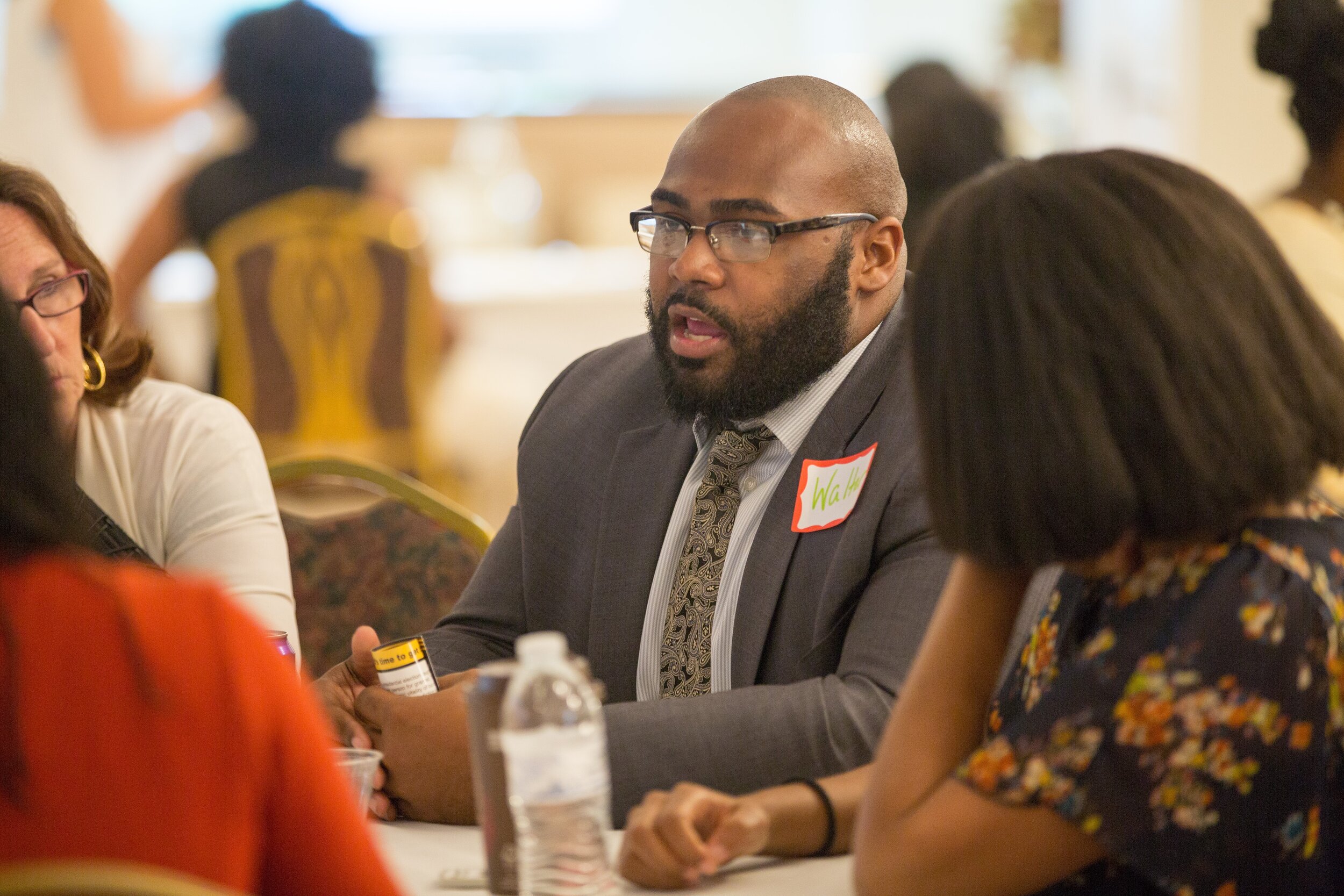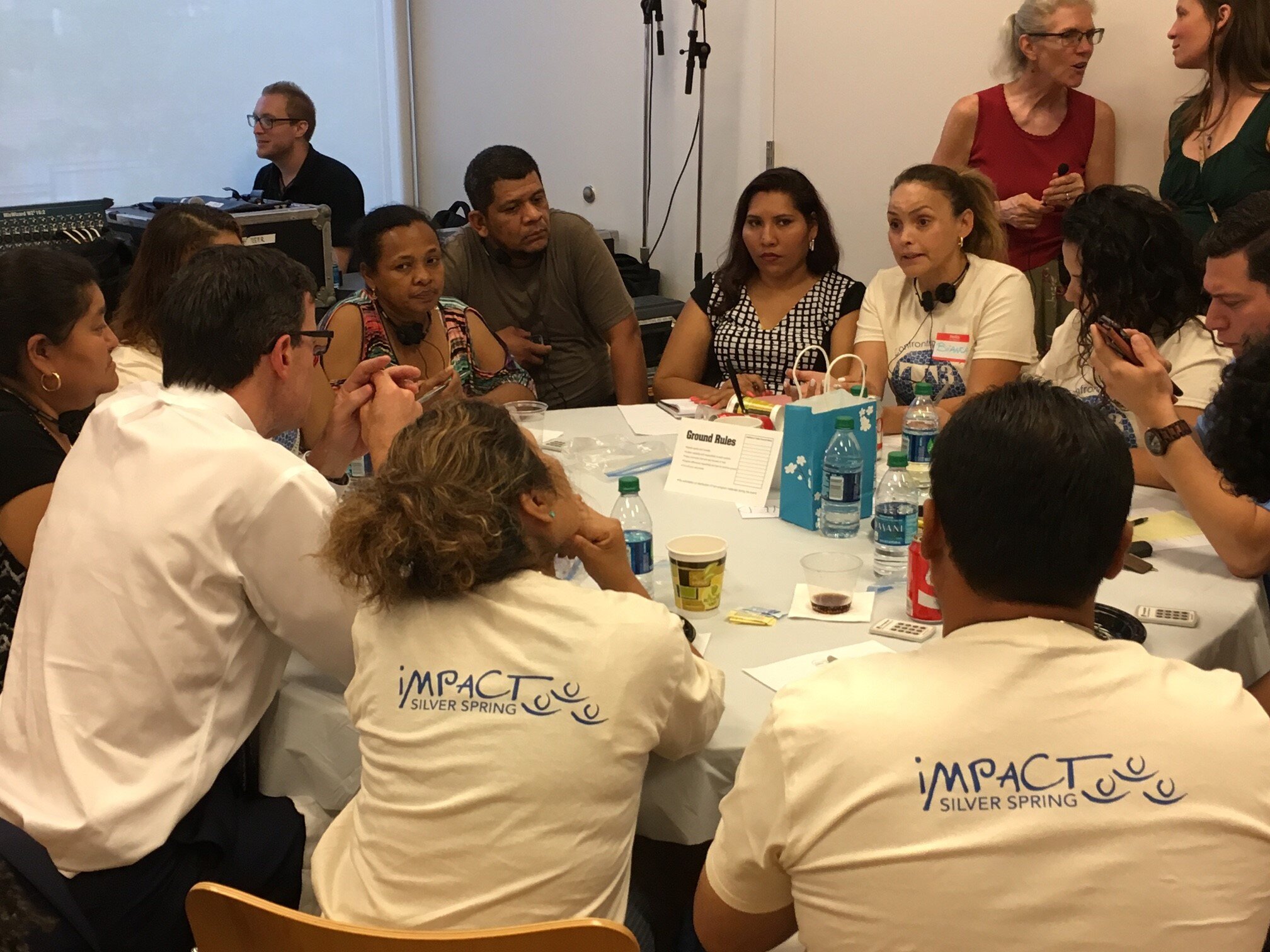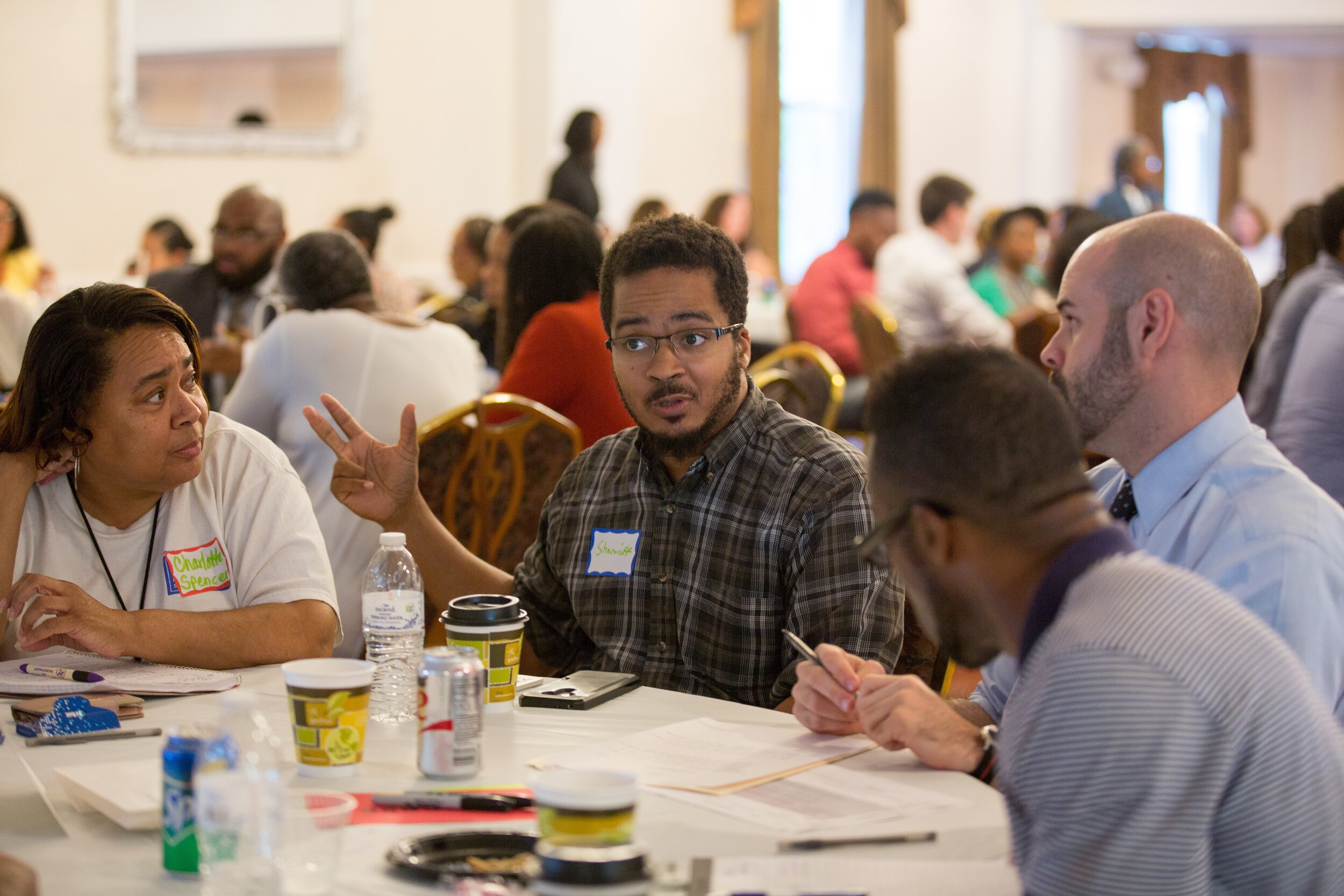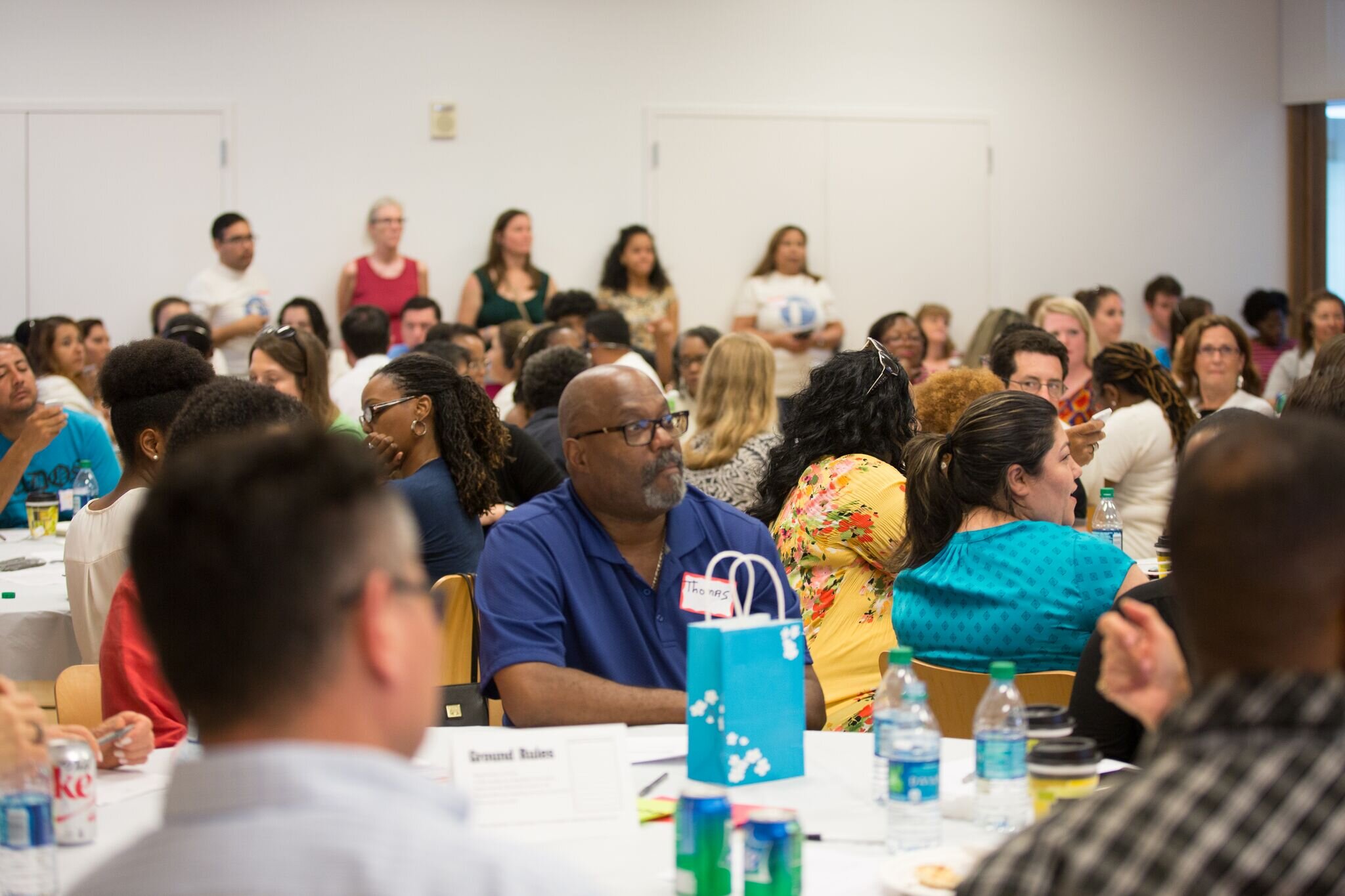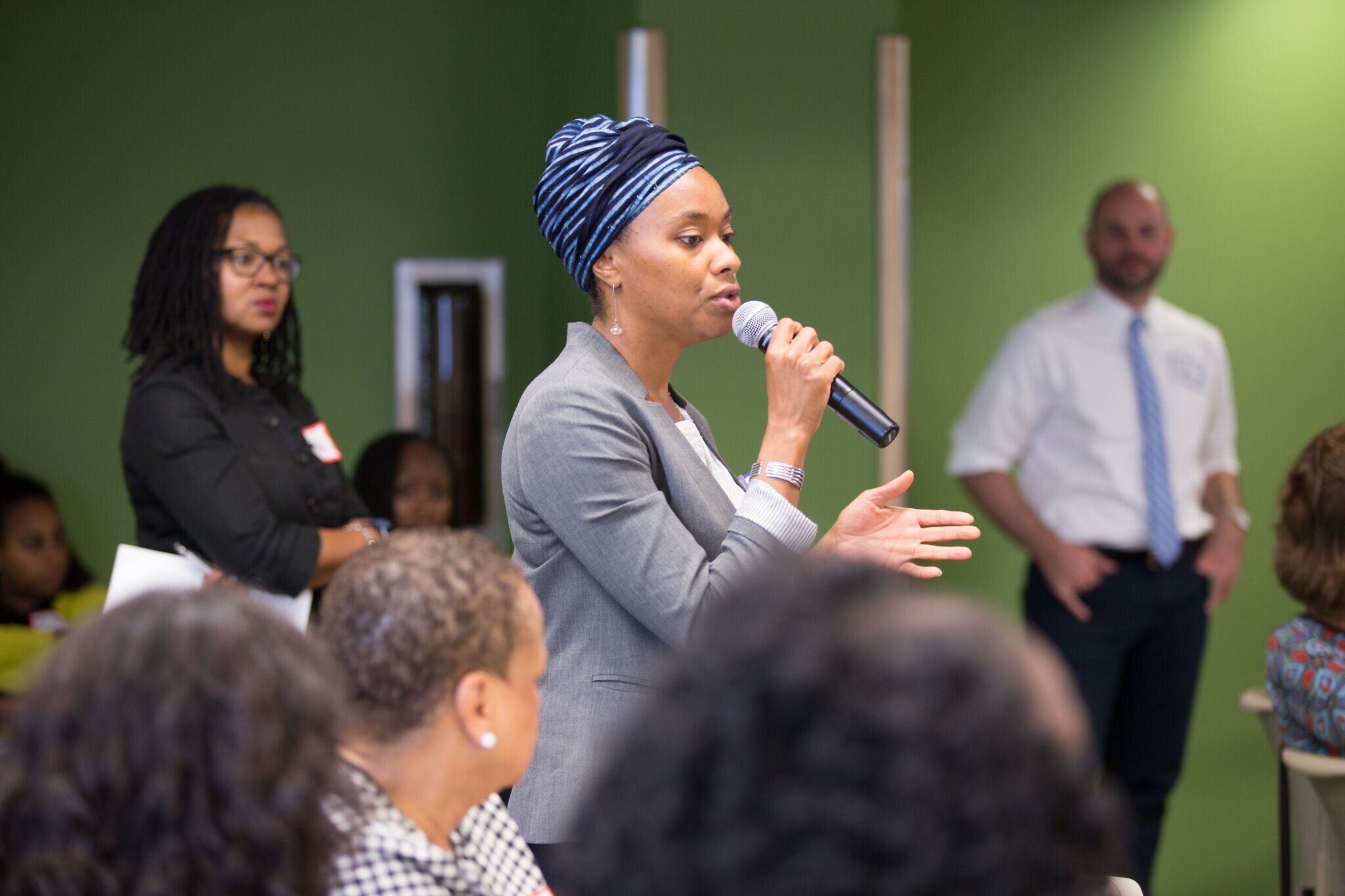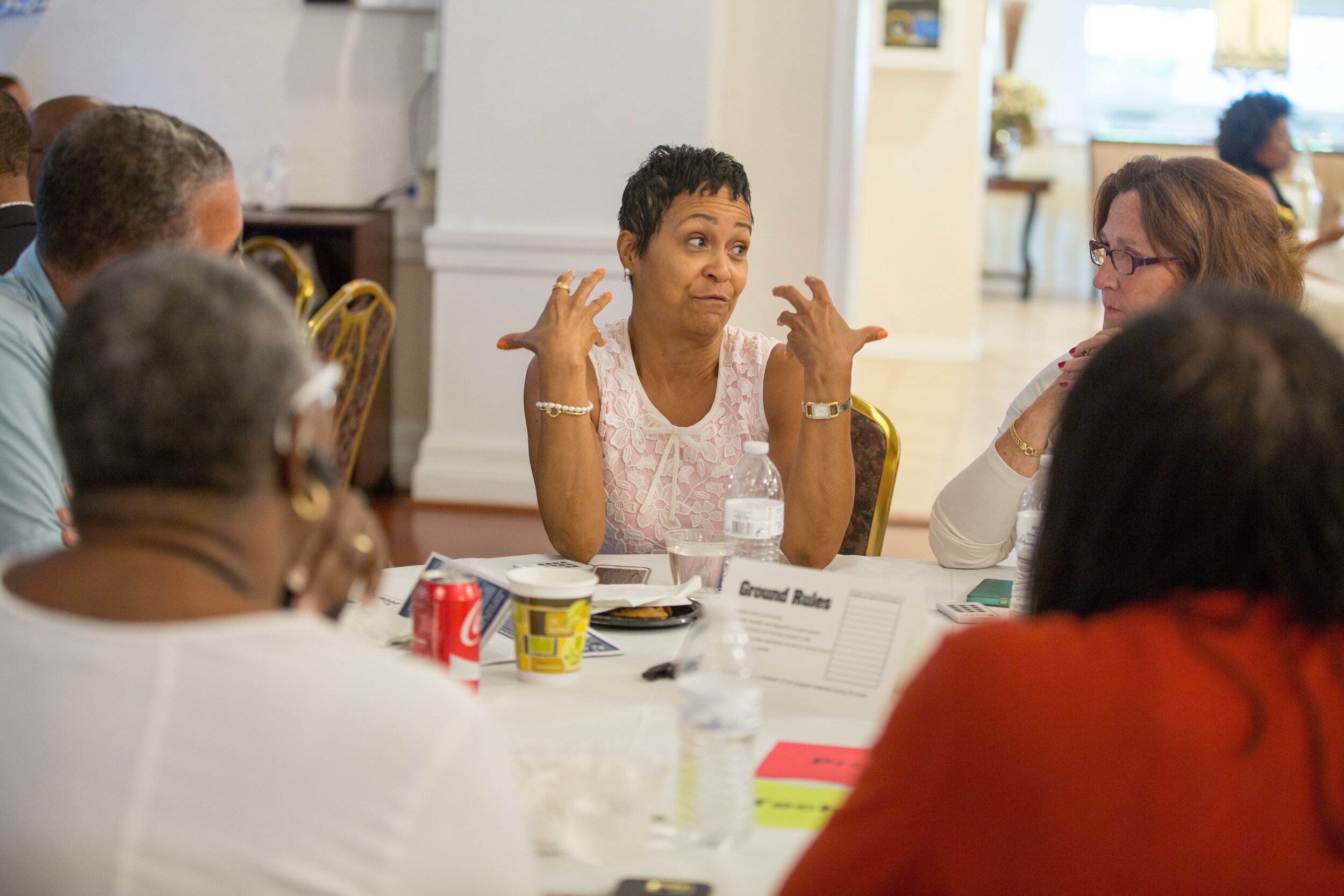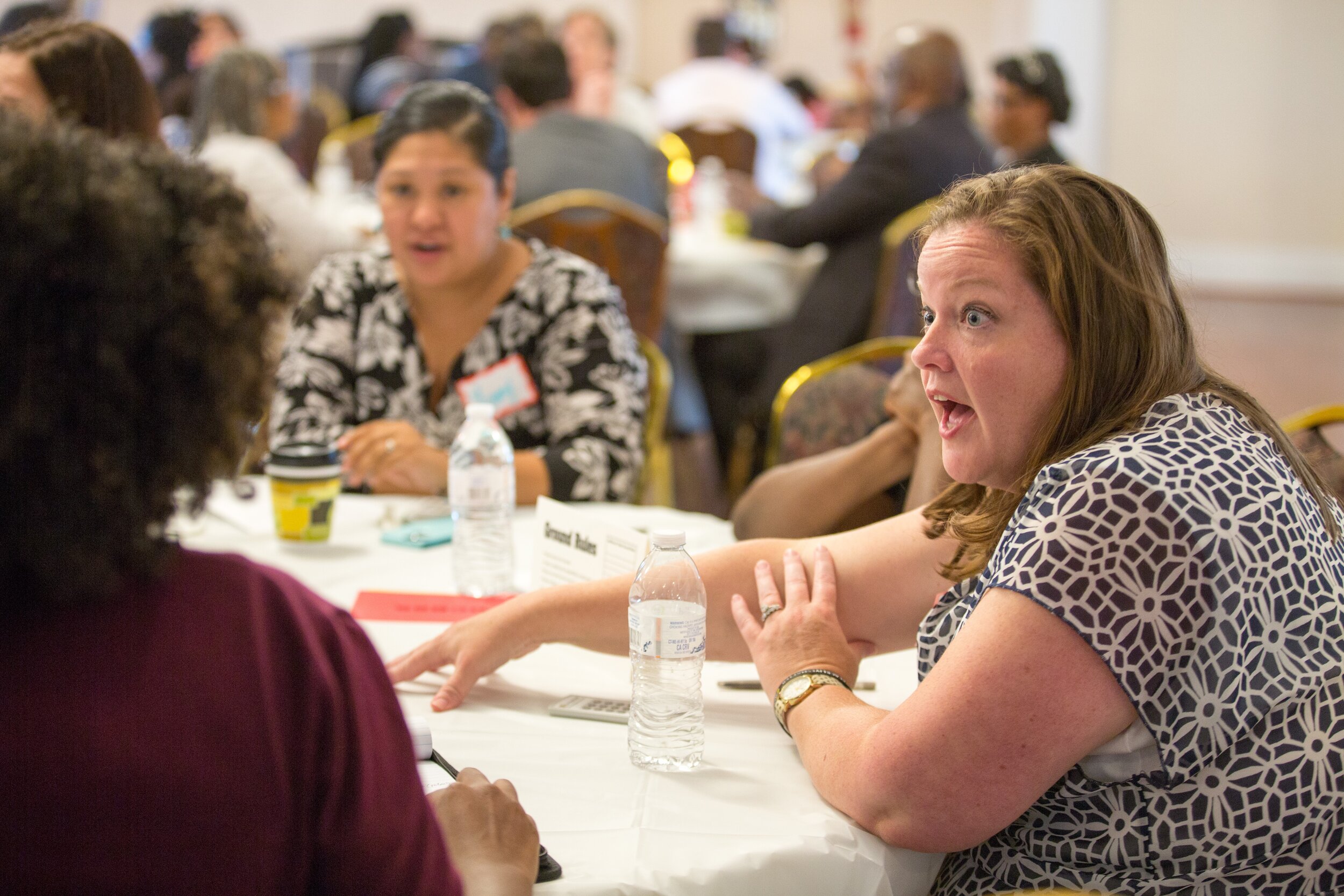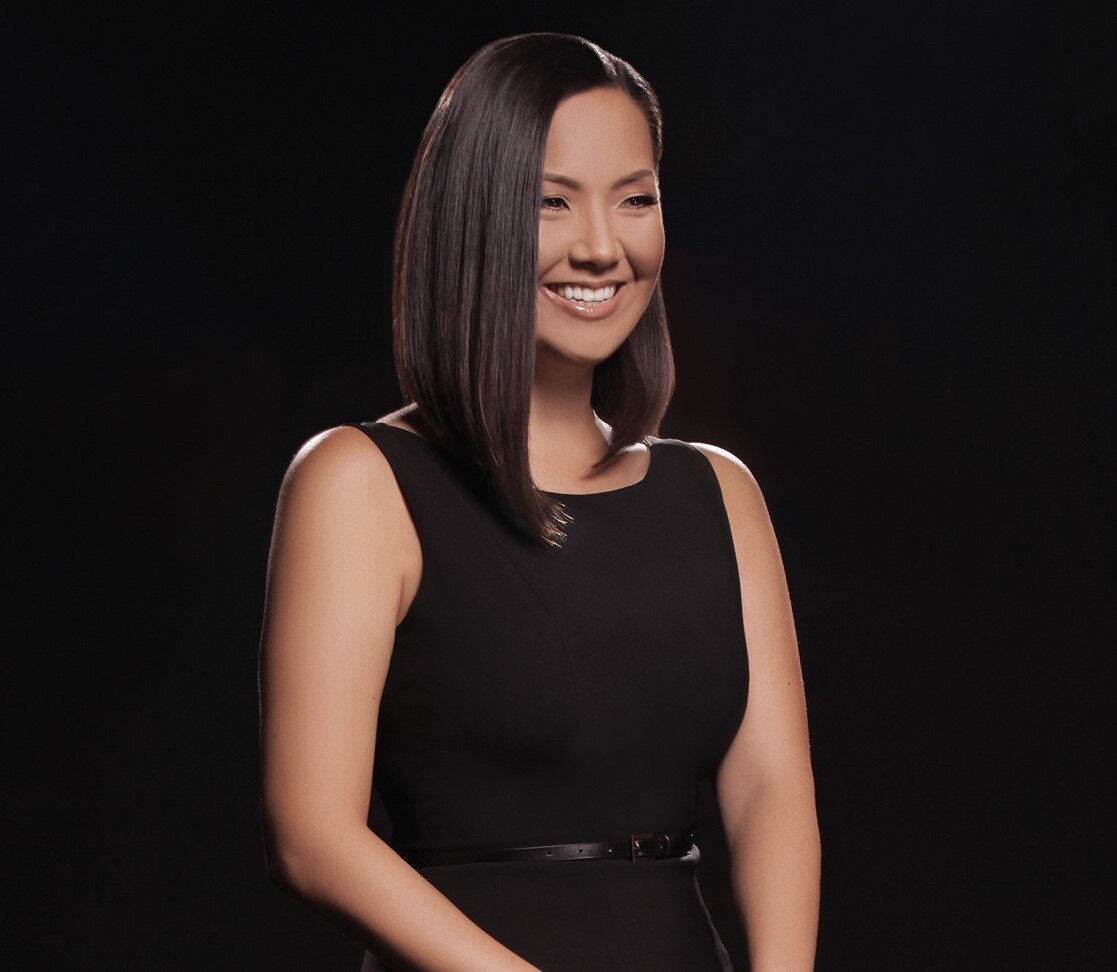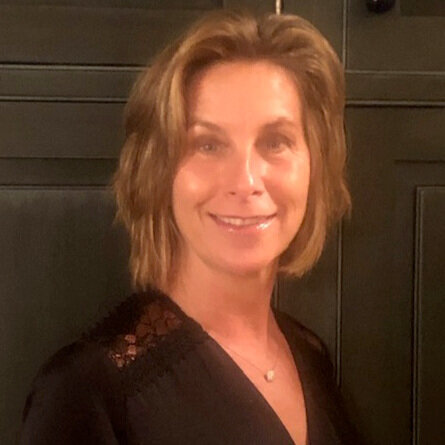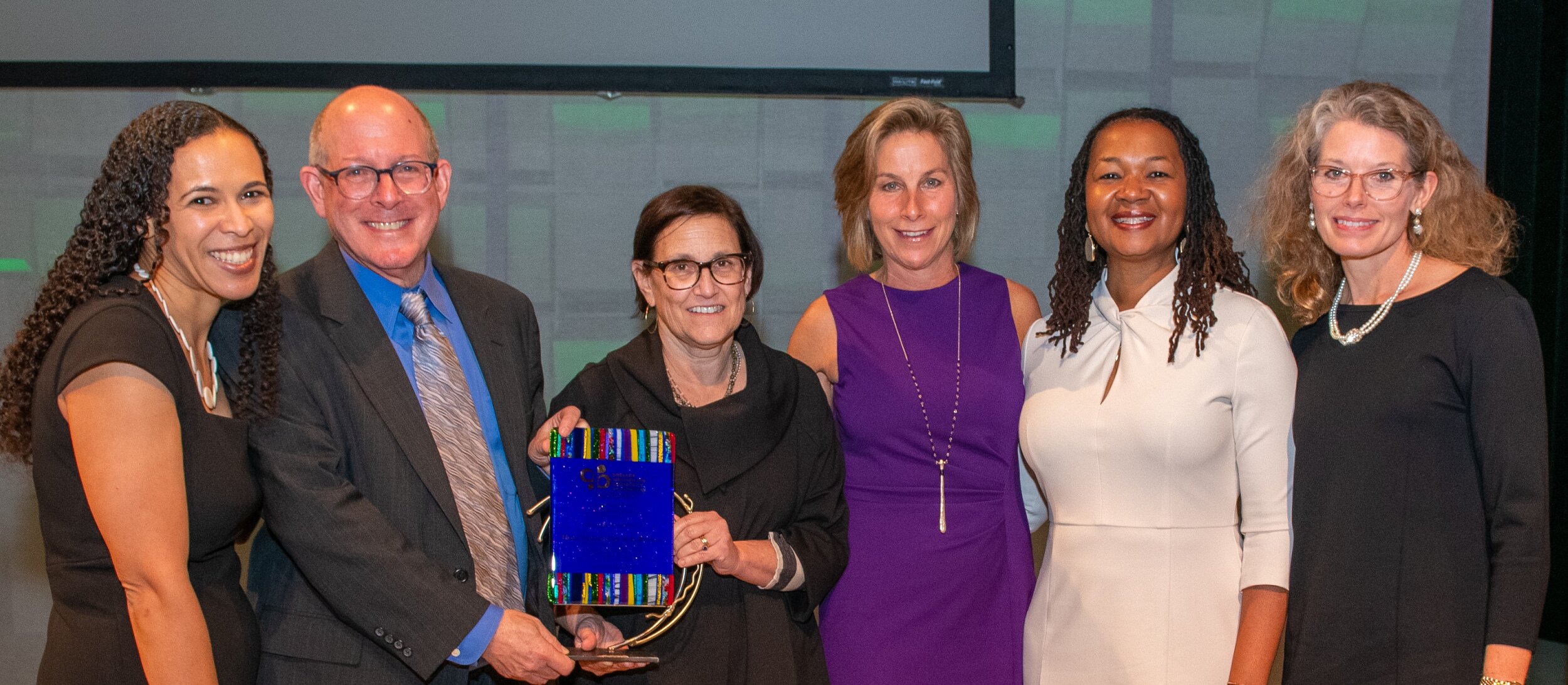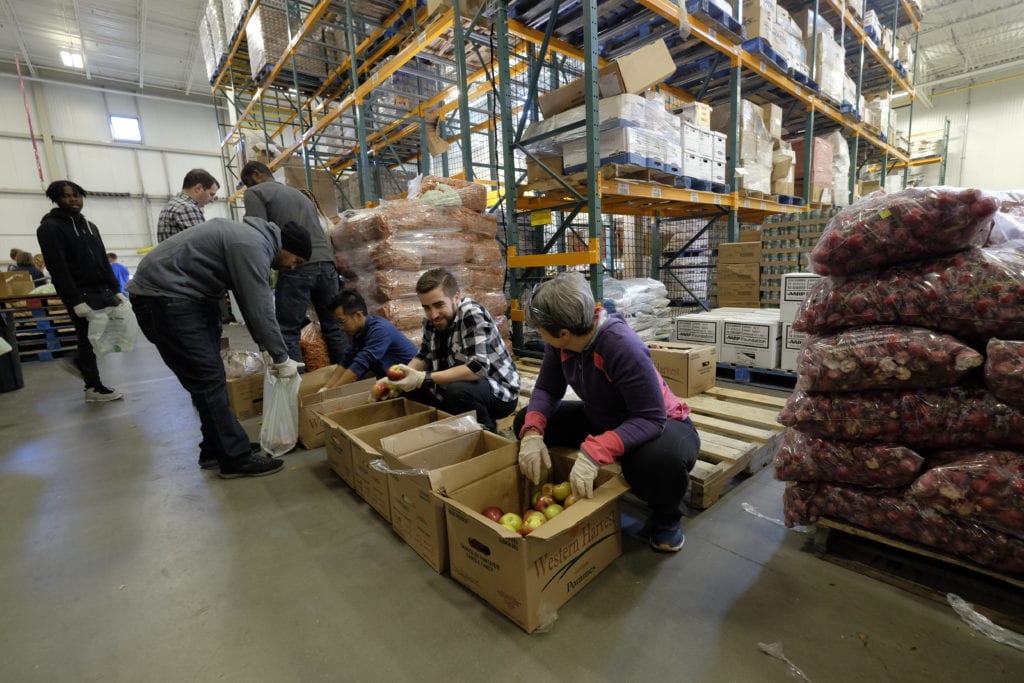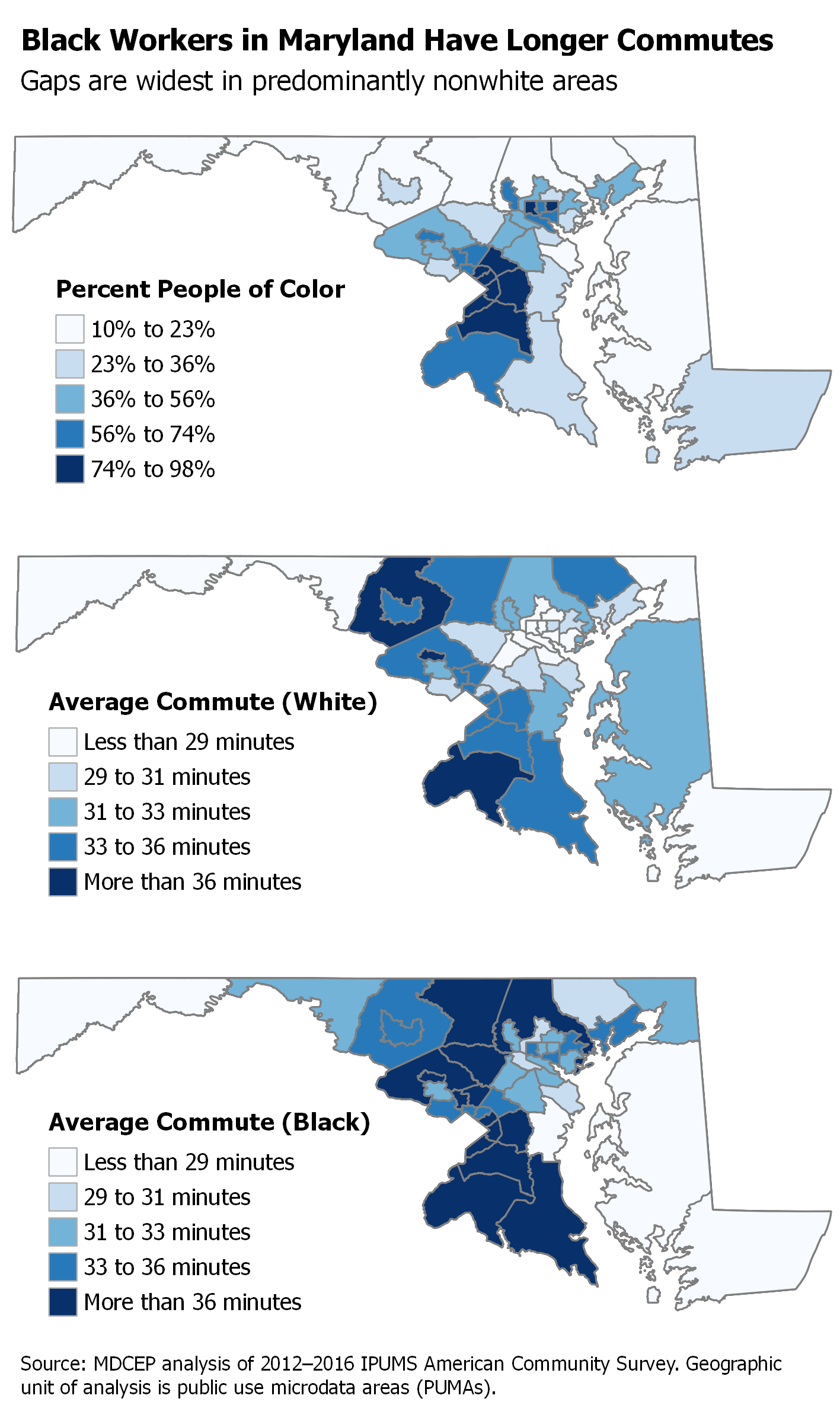The Board of Trustees of the Greater Washington Community Foundation is delighted to announce the appointment of Tonia Wellons as President and CEO. This selection is the result of a rigorous search process conducted by executive search firm Russell Reynolds Associates, in partnership with a committee of six Community Foundation Trustees.
While serving as Interim CEO since early October, Tonia has guided The Community Foundation through this leadership transition by ensuring the organization maintained its donor services, continued its programs, and advanced fundraising efforts in order to deepen community impact work. Over the past month, Tonia has led The Community Foundation as it quickly shifted to respond to the evolving COVID-19 outbreak in Greater Washington, helping raise nearly $4.5 million for local relief and recovery efforts.
“As our community continues to face the crisis and uncertainty brought on by the global coronavirus pandemic, Tonia’s steadfast vision and leadership of The Community Foundation offers us hope and much needed continuity for the critical work of addressing this community’s immediate and long-term needs,” said Katharine Weymouth, chair of the Board of Trustees, Greater Washington Community Foundation. “This is a crucial time of both need and opportunity for The Community Foundation as an anchor institution that is uniquely positioned to help our community weather this crisis and come out stronger and more resilient on the other side. Tonia’s expertise in community development, both globally and locally, and her leadership skills combined with her personal connection to this region, make her ideally suited to accelerate our impact in the community.”
Previously, as our VP of Community Investment, Tonia spearheaded multiple initiatives that have had tremendous impact in the region. She led the launch of VoicesDMV, a community engagement initiative designed to understand the quality of life in the region by surveying residents and hosting community conversations. Based on what we learned from VoicesDMV, Tonia led a refresh of our Community Investment framework to focus on Building Thriving Communities by disrupting poverty, deepening culture and human connection, and preparing for the future of work.
Under this new framework, Tonia has been instrumental to the launch of several community impact initiatives, including the Partnership to End Homelessness, a public-private initiative focused on DC, and re-centering the Children’s Opportunity Fund to address the achievement gap for low-income students in Montgomery County. She also co-led the strategic refresh of our Prince George’s County agenda to include more philanthropic and strategic partners and focus investments on education and workforce development.
Prior to joining The Community Foundation in 2016, Tonia was a political appointee for the Obama Administration as head of global partnerships at the Peace Corps. She previously served as fund manager of a multi-donor initiative focused on financial access and inclusion at the World Bank Group. She also spent a significant part of her career working on USAID-funded capacity development initiatives during the immediate post-apartheid era in South Africa and the broader sub-Sahara region. In 2010, Tonia founded the Prince George’s County Social Innovation Fund (PGCSIF) and its flagship initiative Forty Under 40 Prince George’s, designed to increase social capital in the county where Tonia has lived for nearly 24 years.
“It is an honor to become President and CEO of the region’s largest public foundation, and to lead our team of talented and passionate employees, dedicated to serving this community,” said Tonia Wellons. “I’ve been proud to support The Community Foundation’s mission to Build Thriving Communities and now look forward to working even more closely with Katharine and our board to build on a strong foundation and nearly 50-year history of positively impacting our community.”
Please join us in congratulating Tonia by sharing this announcement on social media or by commenting, liking, or sharing The Community Foundation’s announcement on our Twitter, Facebook, or LinkedIn channels.















